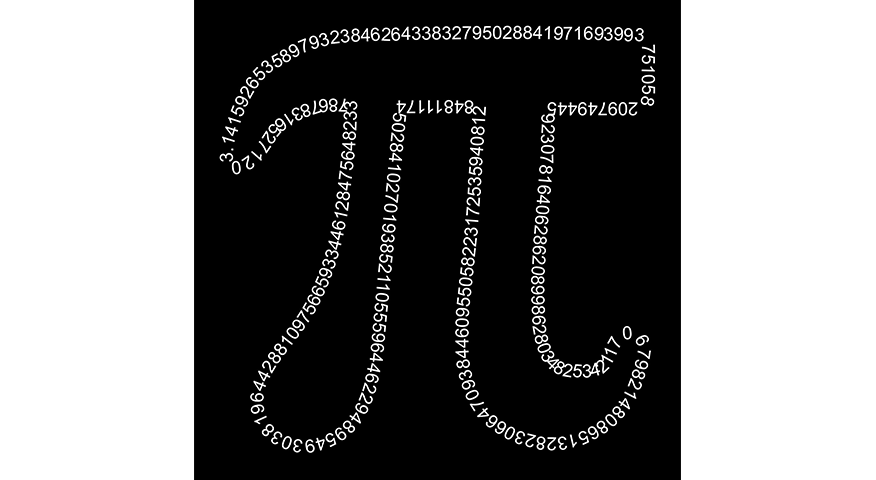
How to Get Your Child More Interested in Math and Science
April 10, 2019
Making Math Fun! Three Tips You Can Try With Your Child Now
May 6, 2019Test Prep 101
Feeling prepared for a test is the most important part of test taking. It is imperative the student know both what to do to feel ready, as well as what not to do prior to a big exam. Most of us know that time management and a little planning can go a long way in our academic, personal, and professional lives. Students can easily implement a digestible study schedule with a little self-discipline and guidance from a parent or teacher.
With that said, let’s focus on what NOT to do and tips to avoid these common mistakes when it comes to test prep. Often, poor study habits or misinformation on effective learning strategies need some attention for real results. Becoming aware and making simple changes can lead to improved confidence and performance come test day! Let’s dive in.
Three Mistakes to Avoid
Waiting until the last minute
Procrastination! We all do it, but this can be easily avoided with some planning and communication. First, ongoing effort must be made in order to stay on top of the material. This means ensuring mastery of material within a short window of it being taught. The simplest way to avoid cramming is by being proactive. You should seek out needed help within days of the material being delivered to ensure gaps in understanding are filled. Pro tip: Make sure your child knows that they can come to you at any time and ask for a tutor or help if it’s needed. Before the next topic is taught is ideal. Cramming with subjects like math and science often results in the student not retaining the material.
Not getting enough rest
When implementing a successful test prep plan, plenty of sleep should be a key component. Students often don’t get enough rest the night before a big exam because they believe that longer studying hours just prior to the “big day” will result in better test scores. While sufficient study time is a must, consider chunking study time over weeks or days. Penciling in 8-10 hours of sleep should be a priority, especially the night before an exam.
Relying on Memorization
There are some subjects where memorization is likely the best method for performing well on an exam. Subjects that come to mind are Anatomy, for example. On the other hand, relying on memorization for subjects like chemistry and math could actually get the student into a pickle. The reason for this is twofold. Problems on a test are unknown beforehand. Often, math problems will be presented with a twist to check for understanding on a particular concept. When a new math concept, for example, is truly understood, no memorization is needed because the student is able to apply his or her knowledge to the various scenarios he or she may be presented with on the test. This is one of the perks of math! Having a firm understanding of math material will get students much further than strictly memorizing.
Let’s Recap
Make sure you are planning, scheduling, and chunking your study time well in advance of exam day. Ask for help early to avoid last-minute scrambling. Next, make sure you or your student allow for a full night’s rest. This is typically eight to ten hours. Last, do not rely on memorization. If you are thrown for a loop on a test question, this strategy will work against you!
Interested in more test-taking strategies to improve academic performance and confidence? Need some support specifically in math or science? I would love to chat with you. Message me HERE.

